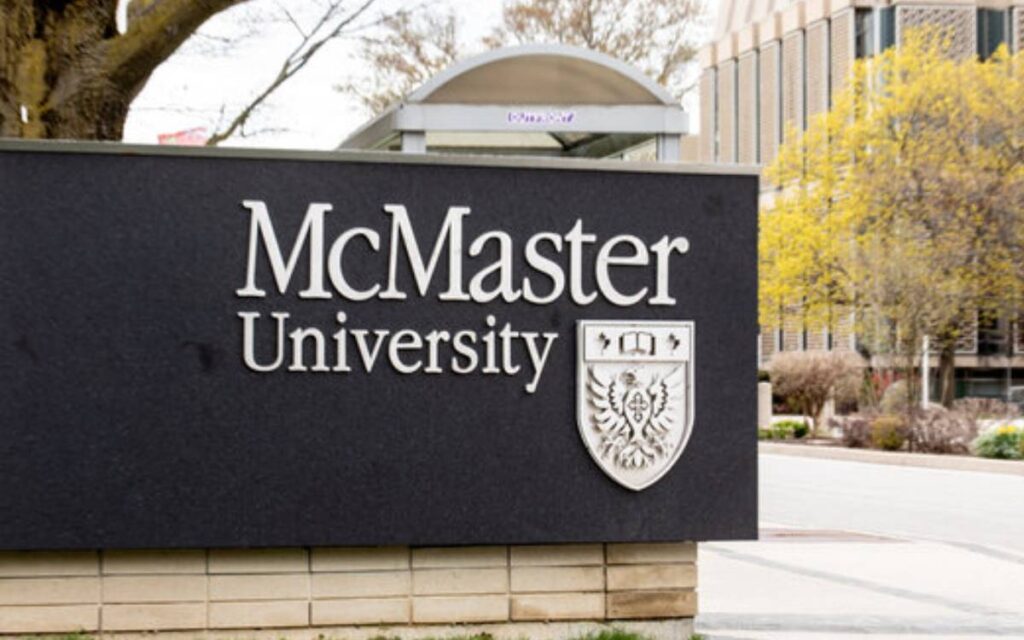
McMaster will receive $4 million in federal funding to help make the project happen. Photo Credit: Adobe Stock Images.
Hamilton’s McMaster University has received $4 million in funding to go towards their plans for the new Centre for Collaborative Chemistry (C3).
The funding is coming from the Government of Canada’s Federal Economic Development Agency for Southern Ontario (FedDev Ontario) and will help allow Global Nexus, a health innovation accelerator based in McMaster University’s Faculty of Health Sciences, to establish the new centre.
The Government of Canada says that the funding will help “increase the adoption of advanced equipment to fast-track Canadian drug discovery” and “provide an environment to accelerate the development and commercialization of pharmaceutical products.”
In addition, the Centre for Collaborative Chemistry will also provide small- and medium-sized enterprises with access to personnel and training, mentorship, and collaboration opportunities.
Global Nexus was established in 2020 to help address the gap “between academic discoveries and their real-world impact” and is led by Matthew Miller, an Associate Professor in the Department of Biochemistry and Biomedical Sciences at McMaster University and member of the Institute for Infectious Diseases Research and the McMaster Immunology Research Centre.
Global Nexus is also home to the Canadian Pandemic Preparedness Hub (CP2H), a partnership with the University of Ottawa, and is one of five research hubs funded by the Government of Canada.
Miller commented on the funding announcement, calling the investment “transformational support.”
“This transformational support from the Federal Economic Development Agency for Southern Ontario will catalyze new collaborations between academic and external partners, and create a cutting-edge experiential training environment that will ensure that we have a robust pipeline of highly skilled workers to meet the needs of our growing life sciences sector,” he said.
“With new capacity for research, partnerships, and training, McMaster is better positioned than ever to help drive new therapies to market,” Miller added.
In addition to creating the new Centre for Collaborative Chemistry, the funding will also go towards hiring more staff, establishing new partnerships, and purchasing new equipment.
Currently, the university’s drug discovery infrastructure is based at the Centre for Microbial Chemical Biology (CMBC).
McMaster University’s acting vice-president of research Dr. Andy Knights said that “McMaster has long been a powerhouse in drug discovery research, and this investment will ensure that we remain one for many years to come.”
“C3 will build on the great legacy of the CMCB and ensure that our drug discovery efforts lead to new, made-in-Canada therapies for a variety of health conditions.”

Based in Hamilton, he reaches hundreds of thousands of people monthly on Facebook, Instagram, TikTok, and Twitter. He has been published in The Hamilton Spectator, Stoney Creek News, and Bay Observer. He has also been a segment host with Cable 14 Hamilton. In 2017, he received the Chancellor Full Tuition Scholarship from the University of Ottawa (BA, 2022). He has also received the Governor General’s Academic Medal. He formerly worked in a non-partisan role on Parliament Hill in Ottawa.






